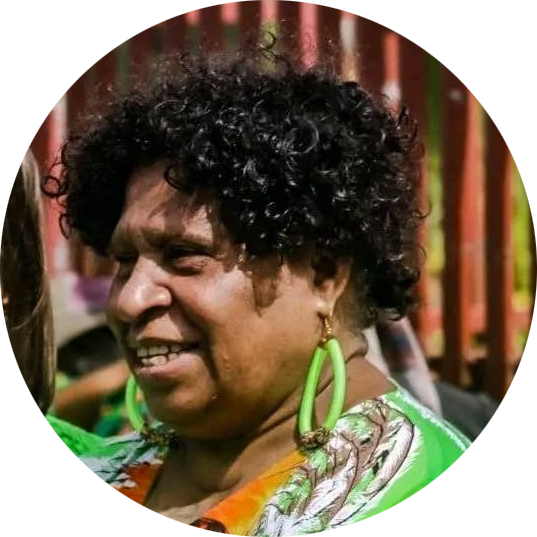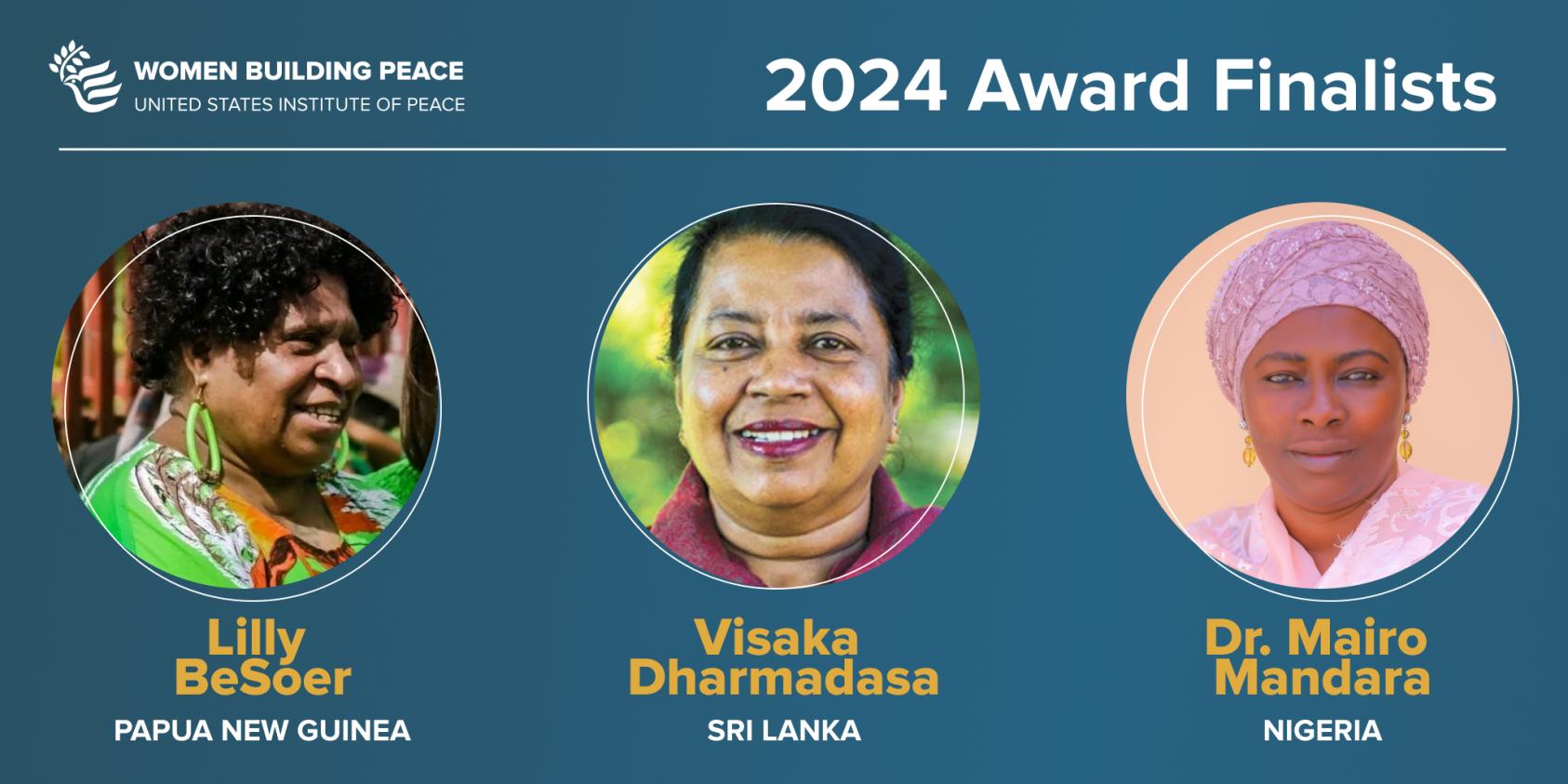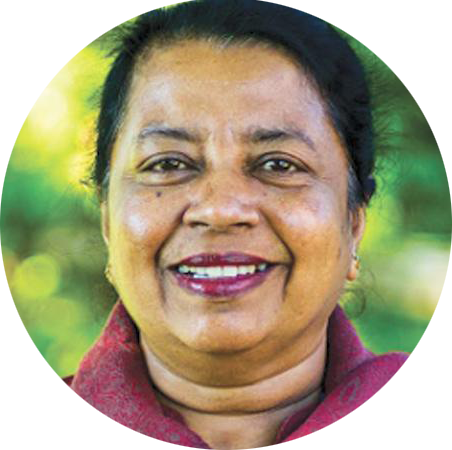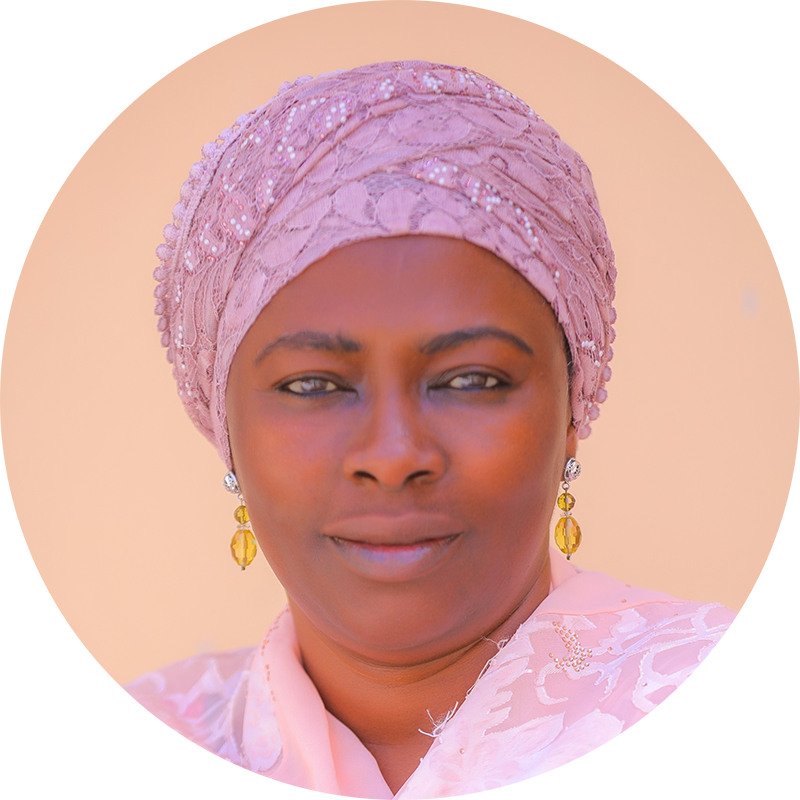
Lilly BeSoer
Lilly BeSoer is the founder and executive director of Voice for Change, a non-governmental organization in Jiwaka, Papua New Guinea (PNG) focused on ending violence against women and girls. In 1991, a tribal conflict uprooted BeSoer’s community, forcing her family to flee. Amid the displacement, her husband deserted the family. This experience sparked BeSoer to take action and control over her life that evolved into the pursuit of peace through activism. BeSoer has since committed to a life of participating in and leading peace negotiations to prevent, address and resolve conflict.
In 2021, the U.N. Development Programme’s Gender Inequality Index ranked PNG second to last out of 161 countries in terms of gender equality indicators related to health and empowerment. BeSoer’s community in the rural Highlands of PNG is particularly prone to violent conflict. As such, her early experiences gave her a deep appreciation for what is needed to build relationships of trust and respect. In 1996, she founded a civil society organization called Voice for Change (VfC) to bring together rural women to discuss and collectively address issues in their communities. In the years since, the organization’s mission has expanded to address all forms of violence against women and girls by promoting equal participation, building networks and empowering women activists.
VfC’s community-based, women-led initiatives emphasize the need to bring along the whole community to effect lasting change and aim to change long-held harmful beliefs about women’s participation in society. At the local level, BeSoer has spearheaded efforts to support education about the dangers of sorcery accusation-related violence (SARV), rolling back decades of dangerous belief systems that have led to the murders of countless women and the dissolution of families in PNG. In 2023, VfC hosted the first Highlands region forum on SARV which highlighted the impact of this issue on communities. BeSoer’s work contributed to the 2013 repeal of the Sorcery Act of 1971, and the amending of the criminal code to allow for the prosecution of perpetrators of SARV.
While SARV remains a challenging issue, and survivor-centered response mechanisms are scarcely available, VfC continues to leverage its networks to promote Women, Peace and Security (WPS) in the region. Through the SHE WINS program, which is led by the Search for Common Ground and the U.S. Department of State’s Office of Global Women’s Issues, VfC works with a global network of women peacebuilders to ensure SARV is discussed and addressed in the context gender-related initiatives in the Highlands provinces.
BeSoer’s work has increased the visibility of SARV and gender-based violence as drivers of conflict and instability internationally and educated women on the rights and opportunities afforded by U.N. Security Resolution 1325, empowering them to lead on the development and implementation of WPS in their communities.
Papua New Guinea
- Founder and Executive Director, Voice for Change


